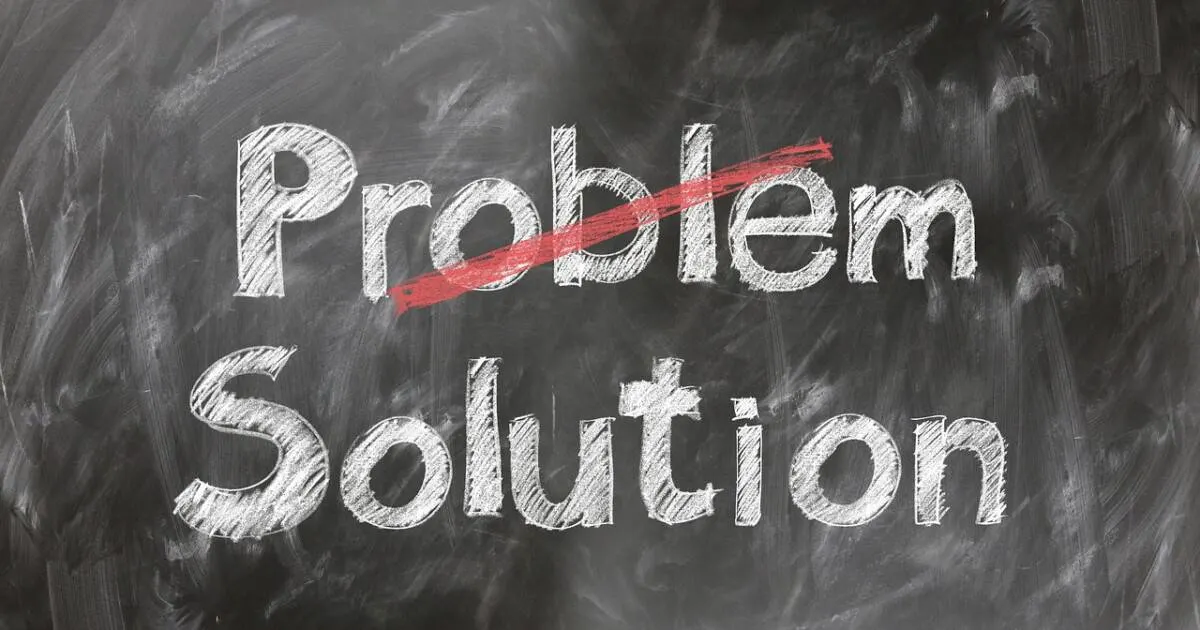As you write your latest assignment and want to begin the next sentence with “but,” your teacher’s voice enters your head. You start trying to think of another way to write what you want to say and wonder, “How do you avoid starting a sentence with ‘but’?” The simplest way to avoid using “but” at …
Language Arts
It’s early in the morning, and you have your suitcase by your side. You’re holding your tickets, climbing in the car that will take you to the airport when, behind you, your friend waves and shouts, “Safe travels!” You stop for a second because the phrase sounds a bit weird — is it correct to …
“Not yet” is a motto for procrastinators all over the world. You know you’re supposed to finish something, but when someone asks you about it, your response is always, “Not yet.” “Not yet” is correct. It functions as a stand-alone phrase or a short sentence. By itself, “yet not” cannot function as a grammatically correct …
As you get better at English, there are some phrases that you may hear and wonder if they’re correct or even when they would be appropriate to use. An example of this is “according to me” — is it correct and, if so, when should one use it? The phrase “according to me” is not …
“Taken aback” is a well-known phrase you will hear quite often in the English language. But have you ever stopped to ask yourself, “Is it correct to say, ‘taken aback’?” Also, have you ever considered what it actually means and where it originally came from? It is correct to say “taken aback.” We use the …
Getting the mail can be exciting — until you receive a bill with a glaring red stamp marked, “past due.” But should it read “past due” or “passed due”? “Past due” is grammatically correct in the case of an overdue bill, deadline, or if someone arrives after the time you expect. “Past” can be an …






